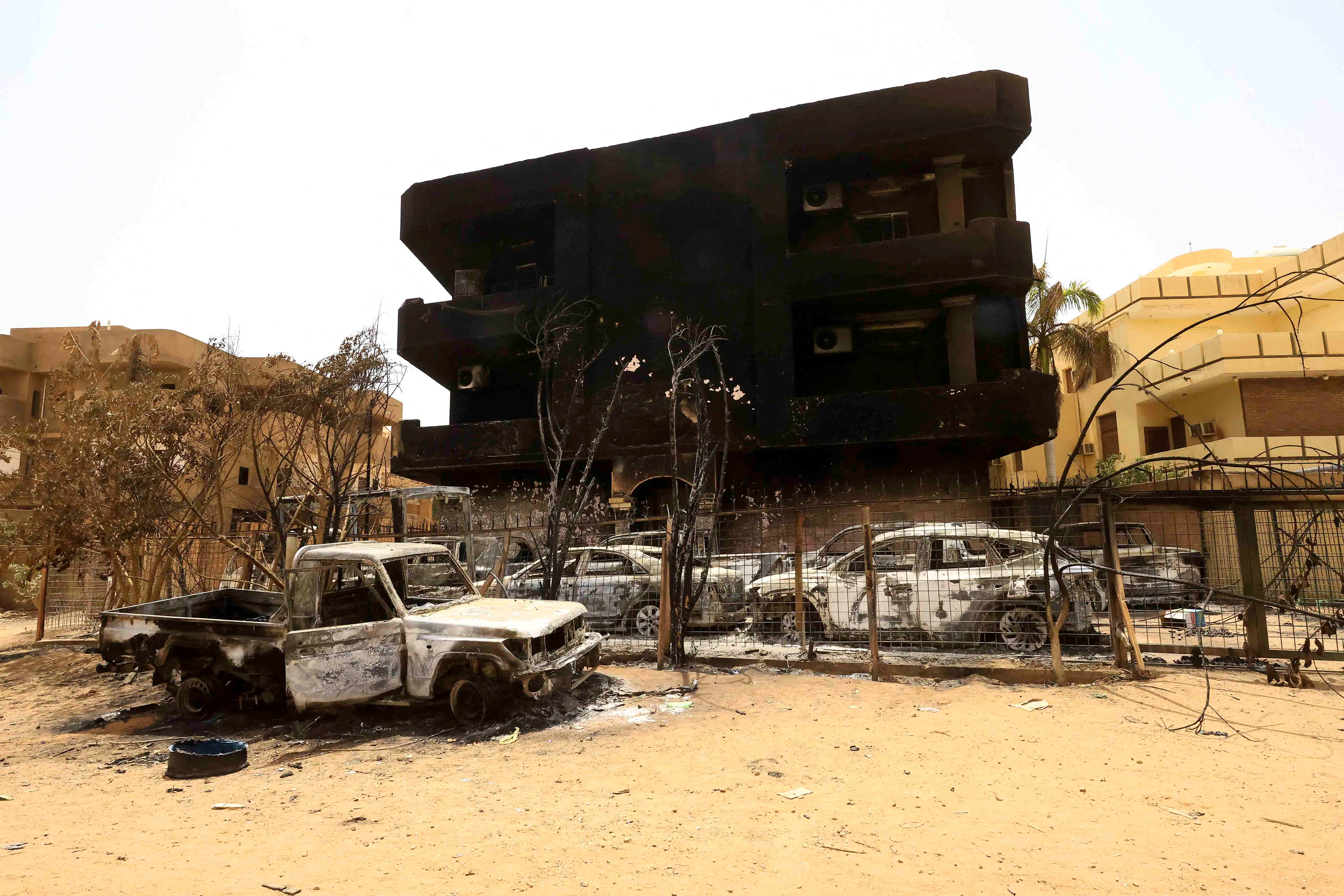
As its negotiators participate in Sudan ceasefire talks in Saudi Arabia, the United States is “cautiously optimistic” about securing a truce to deliver humanitarian aid to the country, a Department of State official has said.
Undersecretary of State Victoria Nuland told senators during a briefing on Wednesday that she had spoken with US officials attending the negotiations in the Saudi Red Sea city of Jeddah.
The talks, which started Saturday, involve members of two rival groups: the Sudanese Armed Forces (SAF) and the paramilitary Rapid Support Forces (RSF).
“Our goal for these talks has been very narrowly focused: First, securing agreement on a declaration of humanitarian principles and then, getting a ceasefire that is long enough to facilitate the steady delivery of badly needed services,” Nuland said.
“If this stage is successful — and I talked to our negotiators this morning who are cautiously optimistic — it would then enable expanded talks with additional local, regional and international stakeholders towards a permanent cessation of hostilities, and then a return to civilian-led rule as the Sudanese people have demanded for years.”
The violence in Sudan broke out on April 15, as two top generals and their forces clashed for power and control over Sudan’s resources.
The fighting between the SAF, led by Abdel Fattah al-Burhan, and the RSF, which is loyal to General Mohamed Hamdan “Hemedti” Dagalo, has killed hundreds and displaced hundreds of thousands more so far.
Clashes and air raids intensified in the capital Khartoum and surrounding areas on Wednesday despite the talks in Jeddah, residents reported.
“There’s been heavy air strikes and RPG fire since 6:30am,” Ahmed, a resident of the Khartoum North neighbourhood of Shambat, told the Reuters news agency.
“We’re lying on the ground, and there are people living near us who ran to the Nile to protect themselves there under the embankment.”
Witnesses have also reported seeing bodies in the streets, as most hospitals have been put out of service amid deteriorating security.
“Our only hope is that the negotiations in Jeddah succeed to end this hell and return to normal life, and to stop the war, the looting, the robbery and the chaos,” said Ahmed Ali, a 25-year-old resident of Khartoum.
Rights groups have cautioned of a humanitarian catastrophe if the violence continues.
The United Nations World Food Programme (WFP) warned on Wednesday that as many as 2.5 million more people could slip into hunger in Sudan as a result of the conflict.
“This would take acute food insecurity in Sudan to record levels, with more than 19 million people affected, two fifths of the population,” WFP said in a statement.
The warring sides have agreed to previous US-brokered ceasefires, but the deals rarely held with residents reporting continuing fighting.
The administration of US President Joe Biden has said it is looking to play an active role in Sudan with the immediate stated goal of reducing the violence.
On Monday, the State Department said Secretary of State Antony Blinken discussed “recent developments” in Sudan with his Israeli counterpart Eli Cohen.
After years of animosity, ties between Khartoum and Washington had been warming since the Sudanese military removed longtime President Omar al-Bashir from power in 2019, following months of anti-government protests.
The two countries re-established diplomatic ties in 2020. Sudan also agreed to normalise relations with Israel and was removed from the US’s list of “state sponsors of terrorism”.
The Sudanese military staged a coup against the civilian government of Prime Minister Abdalla Hamdok in October 2021, leading to his resignation early in 2022.
In April, before the violence erupted, Sudan’s leaders were set to sign a deal to return the country to its democratic transition, but the accord was delayed because of outstanding disagreements.
Washington has previously said it supports the Sudanese people’s aspirations for peace and stability as well as their demands to return to “civilian authority”.
On Wednesday, Nuland said the US is looking at appropriate targets for sanctions if the fighting rivals do not agree to a ceasefire and delivery of aid.
“We have the sanctions tool now that allow us to continue to pressure them,” she said.







